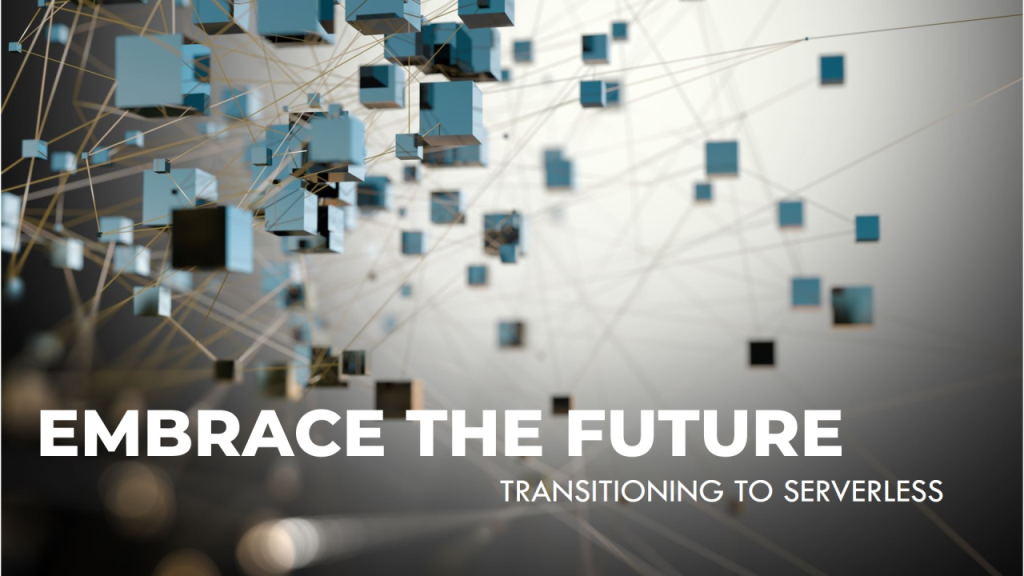- Tell us something about your childhood. What values had been instilled in you that helped you excel later in your life?
I come from a very humble background where my parents worked hard to raise me and my two younger siblings and our cousin, who stayed with us when we were kids. So, they were raising 4 kids at the same time with limited income. This was the perfect recipe to instill traits like sharing, being considerate, helping others and being sensitive toward any life around you, and having a sense of responsibility towards society and nation.
As the oldest among my siblings, I was closest to my mom who was talented, hardworking, kindhearted, and a smart housewife, my dad was working in a government organization but was honest and hardworking and never compromised with his ethics. Both of my parents were incredibly skilled and versatile individuals who enjoyed engaging in various tasks, ranging from cleaning the house and crafting small furniture to sewing clothes, tending to the garden, and repairing electronic devices. They were adept at handling almost every household chore and DIY project imaginable. Hence, I got this love for doing everything on my own from both and that helped me to be independent.
I also drew inspiration from the stories of moral science books that were part of the curriculum for 80-90 kids, and I wanted to do the best and be the best. I grew up in Kanpur, UP, India, a multicultural society and always had my parents’ support to do what I loved to do. I studied Home Science but after my bachelor’s degree, computer science especially hardware, network and security of digital world caught my attention, and I did Diploma and then a few years later master’s in computer science.
The person I am today is the product of every moment of my parent’s guidance and their life examples, friends and family and many of my colleagues who taught me how to deal with the life and souls around you, to be a better self in your personal and professional life.
- How would you define success?
For me success is something that I feel deep down, and that feeling comes as a result of the pursuit of reaching the goal, no matter how big or small that goal is. However, success could be short and long term and it requires it shares of hard work, grit, perseverance & passion. You succeed when you do what you love to do. I am yet to achieve my ultimate Success!
- What motivated you to pursue a career in digital security?
I loved the job of fixing things, specially dissecting and investigating the facts and details around anything that is unknown to many and needed revelation for justice. I would have loved to become an investigating officer but when that did not happen, I told myself it is never too late, get into digital world, protect organizations, and fix it when something goes wrong. Cybersecurity is not just my job; it is my passion.
- Could you please tell us about some of the social causes you support?
Absolutely, till today I have raised funds by selling my artwork that includes realistic paintings, sketching, portraits, wood & mirror crafts & fashion jewelries. I also contribute to fund these, and they are:
- Rehabilitation of riots/accident victims
- Assistance to families from low-income groups to start small businesses.
- Families facing difficulties in covering medical expenses.
- Students struggling to pay their fees for education.
- Providing funding for initiating projects for self-help groups.
My non-financial work includes:
- Free career guidance to the youth in India over phone.
- Free online art and cyber security classes.
- Provide voluntary services to elderly living in old age homes (in the US).
- Looking back on your journey and knowing what you know now, what is the one piece of advice you would have given yourself along the way?
“Mita, learn the art of communication and language, this will help articulate yourself better and you can achieve anything with all other qualities and skills you have.”
I strongly believe the art of selling is important too. Unfortunately, I currently lack proficiency in this area, which limits my ability to effectively monetize my artwork for funding my endeavors in social causes. However, I am not giving up and remain determined to improve them for better results in future. - What advice would you give to young women who are starting their careers now?
Dream big, follow your heart, give your 100% and never hesitate to ask for help, there are many angels looking to help you!

Author
Madhumita Sarkar | Director, Information Security, Englewood Hospital
As a seasoned digital security executive, Madhumita brings 25 years of corporate leadership across technology, healthcare, education, retail, and banking. Renowned for leading cyber-security teams and developing IT risk management programs, she has driven business growth. Her key areas of expertise include information security strategy, website security, global data protection, technology solutions, and project management. She is also an artist and social worker.




